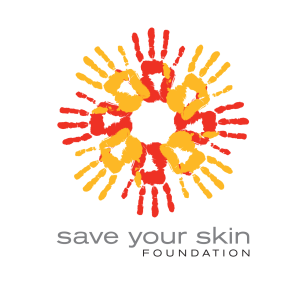Managing Support Networks
Social support is the physical and emotional comfort given to us by our family, friends, co-workers, professional help and others. Support comes in many different forms; financial support, help with daily tasks, advice, listening, empathy, a hug. Which ever form of support you received, having support is shown to have many positive health benefits such as higher levels of well-being, better coping skills and reduced likelihood of depression and anxiety.
After a diagnosis, the amount and type of support needed, may be very different than prior to the diagnosis. Looking to others for support and needing support may not be an easy transition. An important piece in feeling supported is our perception of whether or not we feel supported. It is possible to be surrounded by others offering help and still perceive ourselves as not having enough support.
When developing a support network start with people who are already in your life. Consider making a list of positive supports you already have and then build additional support in the areas you feel you require more support; for example, support groups offer both knowledge and empathy for the challenges you may face.
What type of support are you looking for:
-
Emotional Support: help by telling us they care and think kindly of us. A shoulder to cry on.
-
Instrumental Support: help taking care of your physical needs and offer a helping hand when you need it.
-
Informational Support: help by providing guidance, advice, information, and mentoring.
Below are some resources to support you in developing your support network.
Strategies
Supports won’t automatically know what you need – you have to tell them. When you identify your needs, consider the way you support yourself. Are you meeting those needs in yourself?
Friends and family want to support you. Giving and receiving support is important for relationships.
You are more likely to connect with those you have something in common with.
A successful relationship is a two-way street that requires your active participation,: Stay in touch; Be a good listener; Be conscious of the type and amount of support you are asking for; Be appreciative of the support you have; Express gratitude towards your supports; Give back when others need your support.
Listed above are a few sources of information and support you might find useful. These groups are not connected to Save Your Skin Foundation. We are providing the links as useful sources of information but do not monitor content for accuracy and quality.
NOTE: The information on the Save Your Skin website is not intended to replace the medical advice of a doctor or healthcare provider. While we make every effort to ensure that the information on our site is as current as possible, please note that information and statistics are subject to change as new research and studies are published.
100% OF DONATIONS GO TO PATIENTS
Making awareness and education available is crucial. Since 2006, the Foundation has worked to raise awareness of melanoma and non-melanoma skin cancers focusing on education, prevention and the need for improved patient care.


